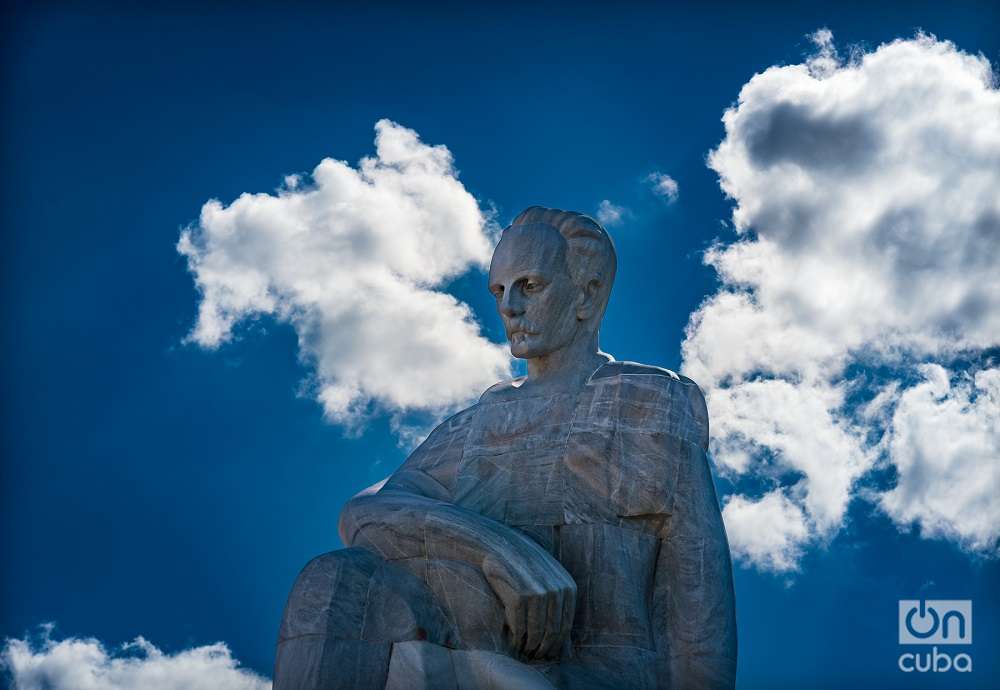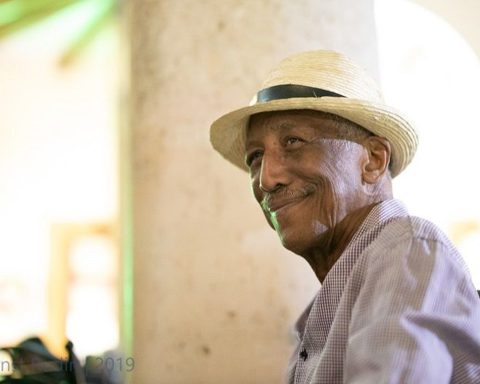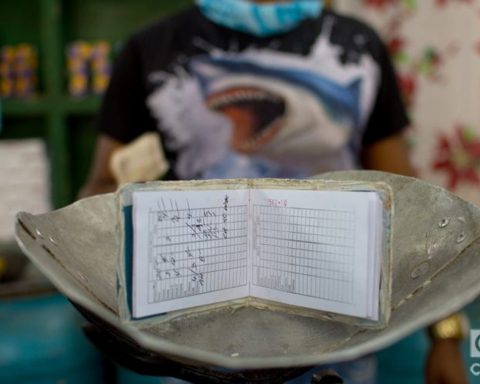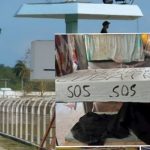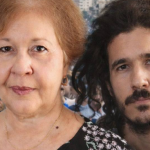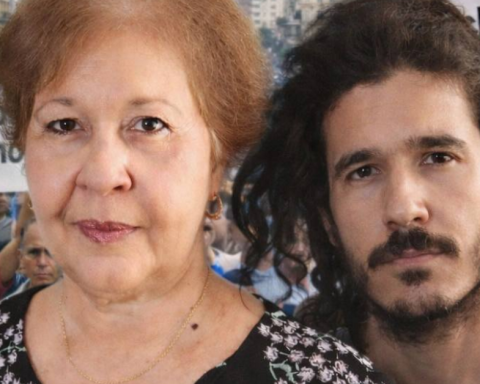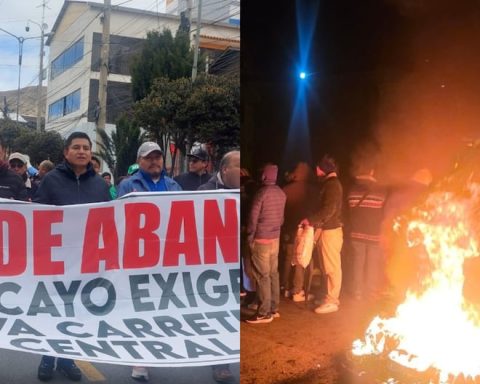Cintio Vitier He said “with the precision of a poet, that all of Origen was made for that page to emerge.” Tells his grandson José Adrián Vitier. The page is nothing less than the only text by Lezama dedicated expressly to Martí that is known.
“A mystery that accompanies us”, said the writer about the Apostle, who took his time to formulate in words the experience that is Martí. “I must wait”, he would say to them Fine Garcia-Marruz and Cintio Vitier when they asked him when he planned to deliver something to them on purpose.
It was in 1953, on the centenary, when Lezama perhaps felt the compulsion to do so. Until then, nothing. “As if he didn’t feel ‘worthy’, or fully prepared, to write about Martí”, comments José Adrián as he evokes what his grandparents used to say.
“I have not tied my horse to the edge of the royal road” is another phrase that the well-known couple from Marti remembered hearing from Lezama about that maturation, growth, and journey of his.
After Lezama’s death, Cintio found among his unpublished papers the manuscript of a poem, “Alibi’s house”, which contains images close to the one that saw the light in origins.
From the fact that Secularity of José Martí is the only published text by the author of paradise On José Martí, “in part, he derives his strength, his concentration”, adds the grandson Vitier.
Seventy years after that page, we return to it and its strength:
Secularity of José Martí
José Martí was for all of us the only one who managed to penetrate the house of alibi. The mystical state, the alibiwhere the imagination can engender what happened and each fact is transfigured in the mirror of enigmas.
His imagination has become zenithal and mysterious, and he has entered his mission with the conviction that whoever flees from the frost meets snow. She braved that frost; he tied his horse to the trunk of body and oil, and gaily entered the house of the alibi. The final words of His Diary, one of the most mysterious word sounds in our language, are enough to fill the house and its strange interruptions in the face of time.
In the sovereignty of his style the morning of the hummingbird is perceived, the somber majesty of the pitahaya, and the arterial knots of the lemon verbena. He could speak, says Rubén Darío, in front of Odin, surrounded by kings.
His undeciphered permanence continues in his immense memorials addressed to a kidnapped king; the hypostasis or substantivization of the joyful mysteries of his people. In his relationship letters, he describes for his first secularism an untouched land, symbols that we have not yet been able to decipher as operating historical forces.
Et caro nova fiet in die irae. It will take new flesh when the day of despair and just poverty arrives.
The majesty of his law and the gravity of his accents remind us that for the Greeks martyr means witness. Witness of his people and his words, he will always be a closed impediment to insignificance and banality. And if we can only believe, according to Pascal’s strange sentence, the witnesses killed in battle, it is in the decisions of their death where our form as a people acquired its splendor by uniting the testimony with its absence, giving a substantive faith for the things that do not exist, or to the earthly gravitation of the darkest images.
Orígenes gathers a group of reverent writers for the images of Martí. Surprises in its first secularity the living fertility of its force as a historical impulse, capable of jumping over the crude insufficiencies of the immediate, to glimpse the domes of the new nascent acts.
Jose Lezama Lima
1953
